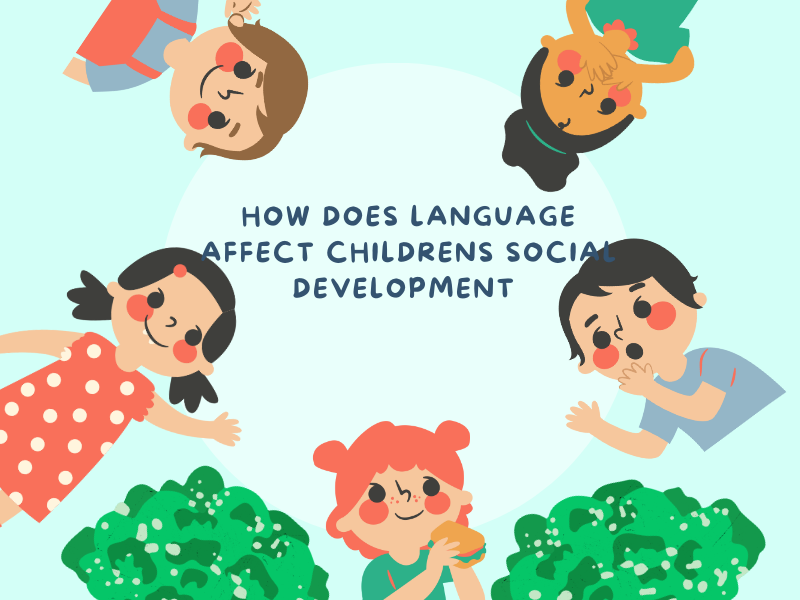The Role of Language in Children’s Social Development
Many children are exposed to colorful language which improves their social skills
February 23, 2023
Children ages two to five experience language-related effects on their cognitive, emotional, social, physical, and verbal development. Many students could understand how their use of or exposure to colorful language influenced them or will affect their offspring in the future.
A child’s growth is influenced by both practical communication skills, such as using polite manners and nonverbal communication effectively, and structural language skills, such as recognizing sounds, vocabulary, and meaning. The development of language and social skills in children can both be improved by effective communication and language practices, allowing them to mature as they get older. As a result, they will be able to communicate their thoughts and feelings more effectively when they get messages from other people, which will improve their ability to interact with the outside world.
The importance of language in a child’s development is demonstrated by the statistically large percentage of children who also struggle with mental illness, behavioral issues, or learning difficulties. Developments such as Cognitive, Emotional, and Social all factor in the effects of language on children’s social skills. Cognitive development includes the development of the brain. Development refers to a child’s ability for thought, exploration, and problem-solving. Children’s ability to consider and comprehend their surroundings is supported by the development of information, skills, problem-solving, and mindsets. Learning what feelings and emotions are, comprehending their nature and causes, identifying your own Feelings as well as those of others, and creating practical coping mechanisms are all part of emotional growth. Emotional development refers to a child’s ability to express, recognize, and manage his or her emotions, as well as appropriately respond to the emotions of others. These developments help children in maturing so that they can understand who they are, what they are feeling, and what to expect when interacting with their peers.
Encourage language development in your child, sibling, or other family members who may be considered a child. Reading books and telling stories to children is also important to their language development. This will allow their brains to mature as they get older.


